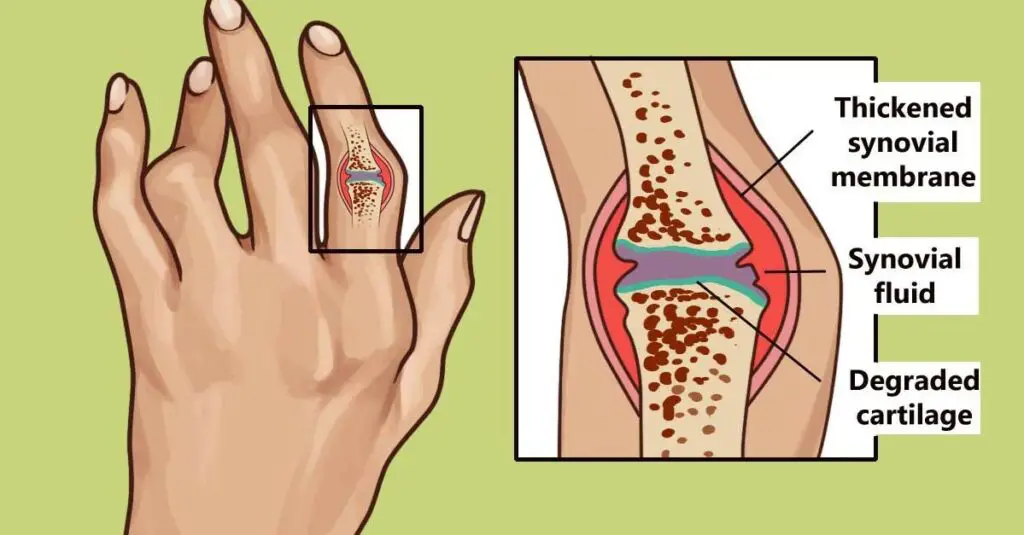Trust is the bedrock of human relationships. Whether in personal friendships or professional partnerships, trust forms the foundation upon which we build and maintain connections. However, not everyone we encounter is deserving of our trust. Recognizing individuals who may not be entirely trustworthy can be a crucial skill, safeguarding us from disappointment, exploitation, and more serious consequences. In this comprehensive guide, we will explore the nuanced art of discerning trustworthiness in others, leveraging cues that span the spectrum from verbal and non-verbal communication to social interactions.
By sharpening our ability to spot subtle signs of untrustworthiness, we can better protect our interests, and in doing so, cultivate a more trustworthy circle of contacts and companions.
The Pillars of Trust
Trust is not a binary condition. It is a multidimensional concept that evolves within the dynamic of any relationship. The ability to rely on someone else is built on several factors. These include the consistency of an individual’s behavior over time, the sense of security that someone will act in our best interests, and the integrity that someone will keep their word.
Acknowledging that it can be difficult to assess another person’s trustworthiness at a glance, we begin with the most fundamental signs that may suggest someone is not entirely forthright. In order to safeguard our well-being and foster environments of mutual trust, it’s essential to understand these indicators and act on them appropriately.
Behavioral Cues: Red Flags in Actions and Words
Inconsistencies in Communication
Trust begins with what people say and how they say it. Inconsistencies in a person’s communication can reveal a lack of honesty or reliability. Pay attention to flimsy justifications for changes in stories or plans. While everyone is entitled to change their mind or their schedule, a pattern of inconsistency, particularly when it serves to deflect accountability, can erode trust.
Lack of Accountability
Trust is also about owning your actions. Those who shy away from taking responsibility for their words or deeds raise a significant red flag. Excuses, blame-shifting, and dismissiveness when confronted with the consequences of their actions suggest an inability or unwillingness to be accountable. Without accountability, there can be no trust.
Secretiveness
There’s a fine line between privacy and secrecy. The former is a personal boundary; the latter suggests something to hide. When individuals are overly secretive, sharing less than one would expect given the nature of the relationship, it indicates a withholding of truth. Trust is undermined when one feels that a person isn’t forthcoming.
Deciphering Body Language: The Silent Truth-Teller
Avoiding Eye Contact
The eyes are often referred to as the windows to the soul, and for good reason. When a person avoids making eye contact, especially during a crucial conversation, it can suggest discomfort or an attempt to conceal the truth. However, it’s important to note that cultural differences around eye contact exist, and individual comfort levels play a role. Nevertheless, a consistent and noticeable aversion to eye contact can be a sign of potential untrustworthiness.
Defensive Posture
A individual’s body language can often betray their emotional state. A defensive posture, such as crossed arms or a downturned mouth, can indicate a sense of threat or discomfort. While these gestures do not necessarily indicate lying, they can reveal a resistance to open and honest communication. In the context of a conversation where trust is important, these defensive cues might signify that there is more to the story.
Restlessness
Restlessness and fidgeting can be physical manifestations of a restless mind. While some movement can be normal, especially when nervous or anxious, excessive restlessness during a conversation can suggest that an individual is not completely at ease. This, in turn, might be a signal that they are withholding information or that their words are less than truthful.
Social Interactions: Trust in the Wider Context
Negative Reputation Feedback
The opinion of someone within their wider circle can be a valuable clue about their trustworthiness. If you consistently hear negative feedback about an individual’s character or reliability from other people, it’s a strong indicator to exercise caution. While it’s essential to consider the source of such commentary, especially when there may be conflicts of interest, a pattern of negative reviews is seldom without cause.
Breaking Promises
Trust is built and maintained through the fulfillment of promises, both big and small. Repeatedly breaking commitments without a justifiable cause can demonstrate that someone does not appreciate the importance of keeping their word. These broken promises are not isolated actions but symbolic of a broader unreliability that can undermine trust in any relationship.
Lack of Empathy
Empathy is a linchpin of trust. It’s the ability to understand and share another person’s feelings, to put oneself in their shoes. Those who are consistently indifferent to the impact of their actions on others are likely to be less concerned with fostering trust. A lack of empathy can lead to behaviors that are self-serving rather than relationship-nurturing.
Conclusion: The Value of Vigilance
The ability to recognize untrustworthy individuals is essential, but it’s only the first step. Equally important is how we respond to these signs. We may choose to confront the individual, limit our interactions, or, in the case of sustained untrustworthy behavior, terminate the relationship altogether.
It’s worth noting that none of these cues is definitive evidence of untrustworthiness. Trust is a complex and dynamic element of our interactions with others. There are contexts and nuances to every situation that should be considered.
Sharpening our instincts about trust can lead to better decision-making and, ultimately, healthier, more trustworthy relationships. By valuing and acknowledging these signs, we are better equipped to protect ourselves and others from the potential harm that untrustworthy individuals can cause.
In the end, trust is an investment. It carries both risk and reward. But by learning to read the signs, we can ensure that the trust we extend is met with the kind of integrity and reliability that it deserves.








